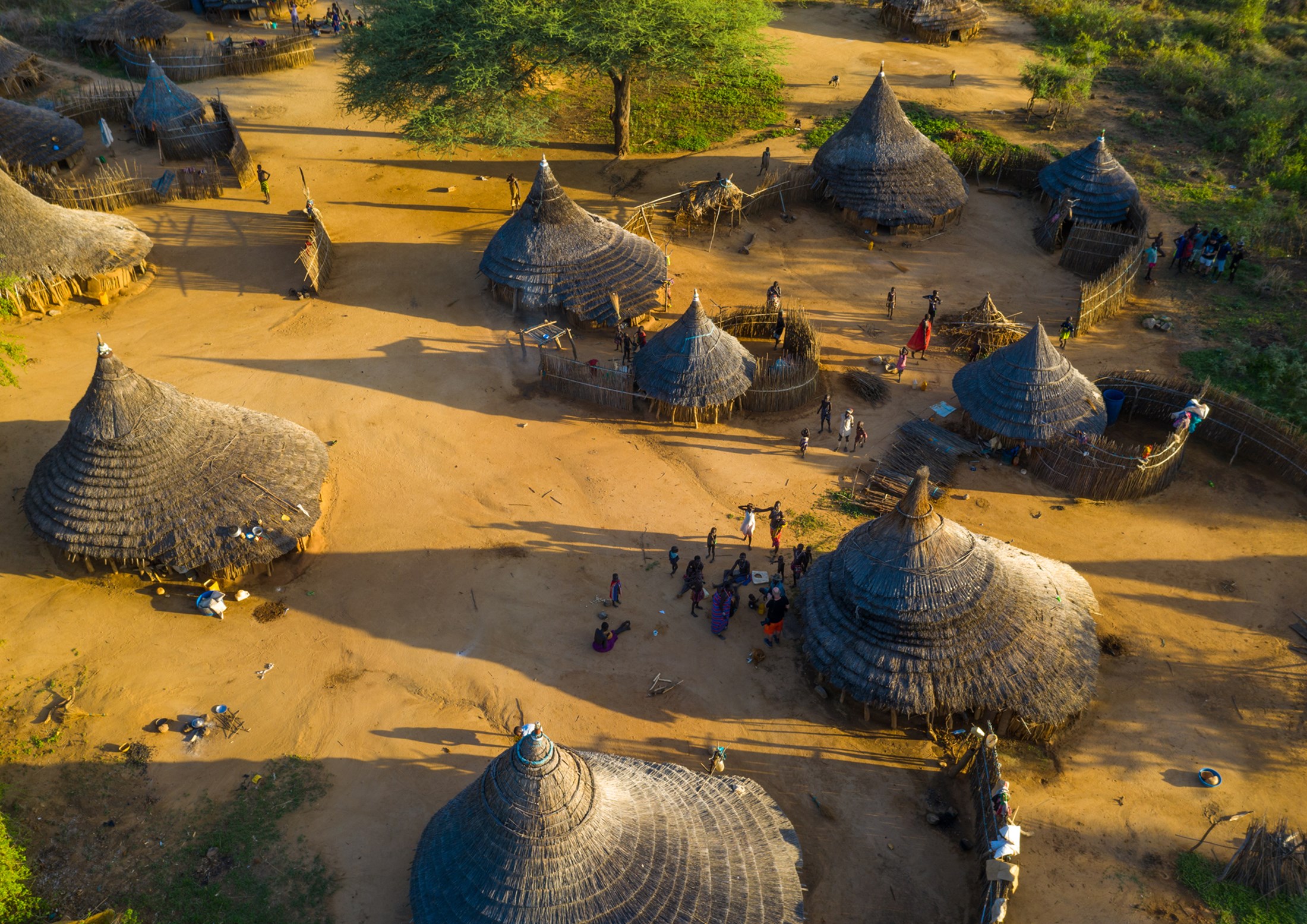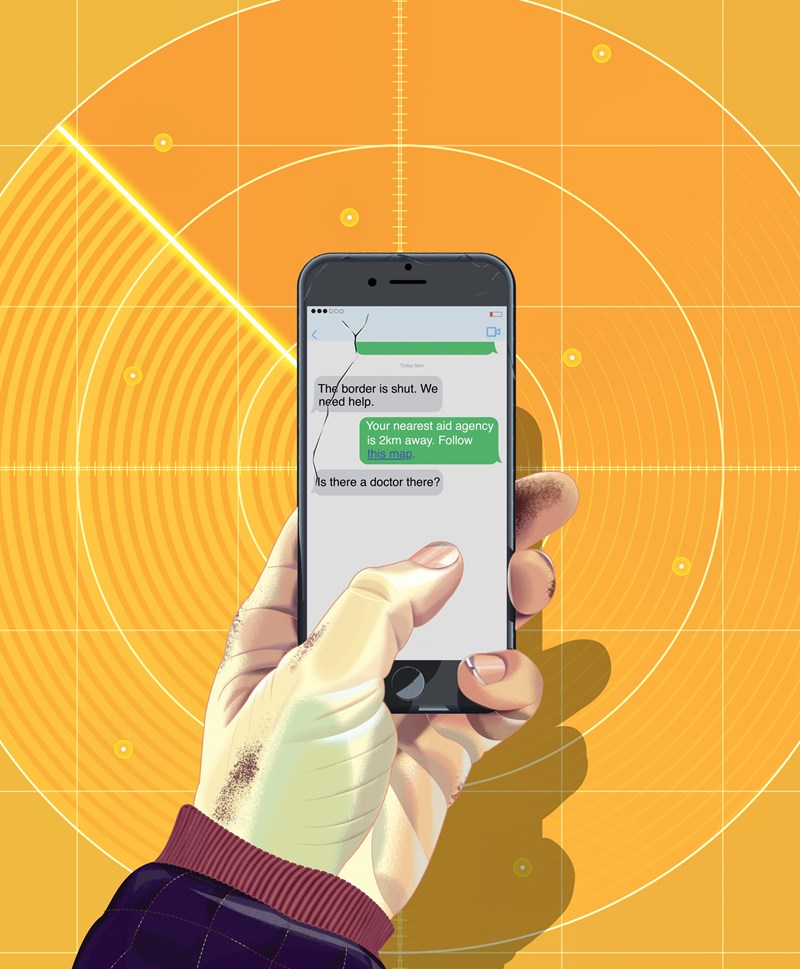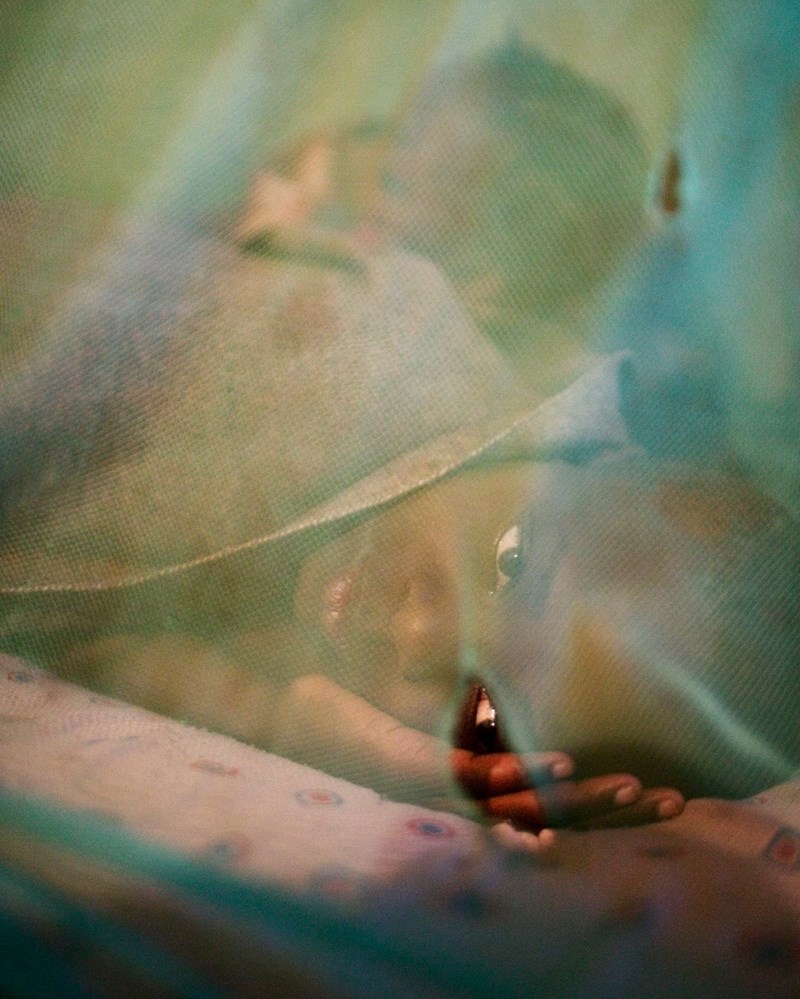In the list of technologies revolutionising the delivery of aid, drones are rising up the ranks. Small, light and affordable, they have become a vital tool for transporting vaccines to rural areas, tracking disease outbreaks, and speeding disaster response.
In Africa, a continent prone to natural disasters and with underdeveloped infrastructure, drones are helping tackle the challenge of ‘last-mile delivery’. Drone firm Zipline, for example, began operations there in 2016, and now runs programmes in countries including Rwanda and Ghana, distributing blood and lifesaving drugs to health facilities in far-flung communities.






